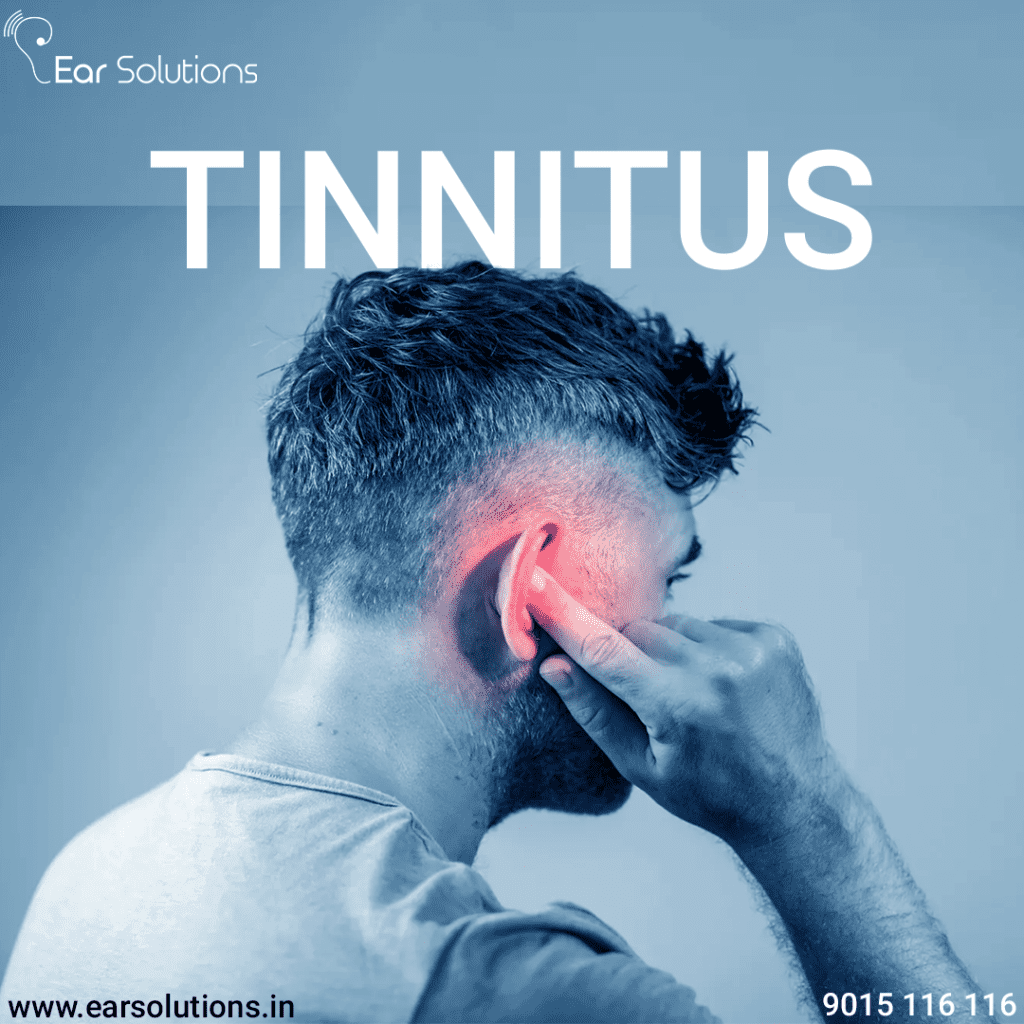Tinnitus is a condition where an individual hears sounds that are not coming from an external source. These sounds can be ringing, buzzing, hissing, or clicking, and they can be constant or intermittent. Tinnitus can be caused by a variety of factors, including exposure to loud noises, head injuries, ear infections, and even stress. While there is no cure for tinnitus, hearing aids can help alleviate the symptoms and improve quality of life for those who suffer from this condition.

Hearing aids can help individuals with tinnitus in a few different ways. First, they amplify external sounds, which can help mask the internal sounds of tinnitus. By increasing the volume of external sounds, the internal sounds of tinnitus can become less noticeable. Additionally, hearing aids can help individuals with tinnitus hear better in general, which can reduce stress and anxiety related to communication difficulties.
Some hearing aids are specifically designed to help individuals with tinnitus. These hearing aids have a feature called a “tinnitus masker,” which is a white noise generator that produces a sound that is similar to the individual’s tinnitus. The masker is programmed to play at the same frequency as the tinnitus, and it is played at a low volume that is just loud enough to mask the internal sound. This can be very helpful for individuals with severe tinnitus who are struggling to cope with the constant internal noise.
It’s important to note that not all hearing aids have a tinnitus masker feature. However, even hearing aids without this feature can still help individuals with tinnitus by amplifying external sounds and reducing stress and anxiety related to communication difficulties.
If you are considering hearing aids for tinnitus, it’s important to have a thorough hearing evaluation by a licensed audiologist to determine the severity and underlying causes of your tinnitus. Your audiologist can also recommend the best type of hearing aid for your specific needs.

It’s also important to have realistic expectations about the use of hearing aids for tinnitus. While hearing aids can be very helpful in managing tinnitus symptoms, they are not a cure for the condition. Some individuals may still experience tinnitus even with the use of hearing aids, but the severity of the symptoms can be significantly reduced.
In addition to using hearing aids, there are other strategies that can help manage tinnitus symptoms. These may include cognitive-behavioral therapy, stress reduction techniques, and sound therapy. Sound therapy involves listening to external sounds that are soothing and relaxing, such as music or nature sounds, to help mask the internal sounds of tinnitus.
In conclusion, hearing aids can be very helpful for individuals with tinnitus by amplifying external sounds and reducing stress and anxiety related to communication difficulties. Some hearing aids also have a tinnitus masker feature, which can be very helpful for individuals with severe tinnitus. However, it’s important to have realistic expectations about the use of hearing aids for tinnitus and to work with a licensed audiologist to determine the best course of treatment for your specific needs.




